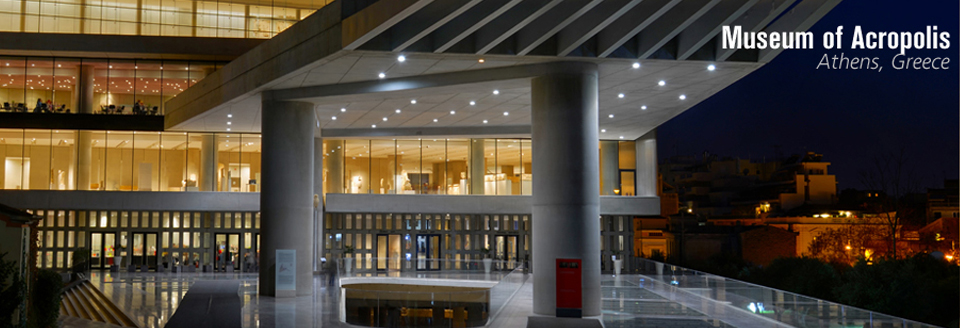Methodology
The CEYS training course
Throughout the course teachers will experience inquiry-based and creative approaches in 3 different modes:
a) as learners participating in science inquiry-based activities fostering creativity;
b) as teachers implementing inquiry-based and creative approaches in their science classes; and
c) as researchers collecting, examining and interpreting data about their practice and their students’ learning.
The course will leverage an inquiry-based creative approach through hands-on and reflection sessions to experience the principles of inquiry-based and creative science learning, while introducing the basics of curriculum design research and exploring teacher education curriculum design principles. The latter cover: learning activities, role of teacher educator, materials and resources, grouping, location, time; and assessment.
Reflective and collaborative practices will be promoted and during the hands-on sessions attention will be paid to formative assessment and feedback.
The CEYS Training Framework
The training course is based on the Conceptual Framework, teacher education curriculum design principles and guidelines formulated in the EU-funded project Creative Little Scientists (www.creative-little-scientists.eu), as well as the training approach and teaching materials created by the Erasmus+ project CEYS to promote creative approaches to science learning in preschool and the first years of primary school.
The CEYS Training Framework is structured according to the "Vunerable Spider-Web" of Jan Van der Akker and can be seen in the figure below.
 |









